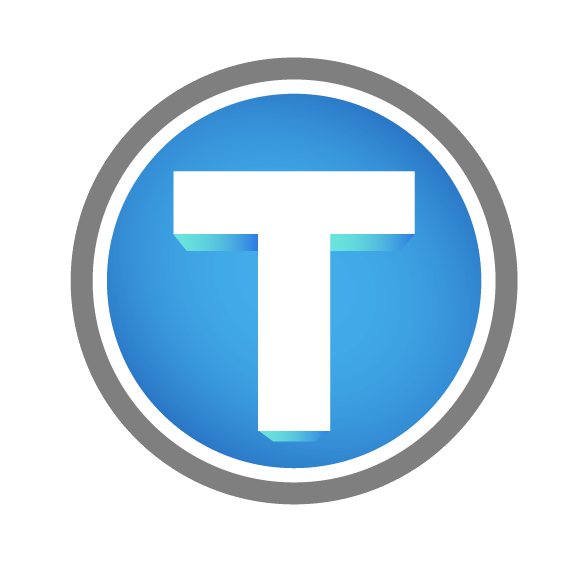Stroke Recovery and Neurorehabilitation
A stroke is a life-threatening medical condition that can cause lasting brain damage.
A person suffers a stroke or brain attack when the blood flow to the brain is interrupted. The situation occurs due to a blocked or ruptured blood vessel. Due to this, part of the brain fails to receive the required oxygen and nutrients, and the blood cells begin to die. A stroke is a life-threatening medical condition that can cause lasting brain damage. It is a leading cause of death and disability in the United States.
The impact of a stroke
Patients suffering from substantial brain damage following a stroke can experience several problems, including impaired speech, limited physical abilities, weakness, paralysis, balance and coordination problems, pain and numbness, and memory loss. It makes it difficult for them to lead a normal life and results in conditions like frustration, depression, and anxiety.
Neurorehabilitation has proven highly effective in helping people recover after a stroke and improve their overall well-being. In addition, a successful neurorehabilitation program can help patients improve their movement and quality of life.
What is neurorehabilitation?
Neurorehabilitation is a doctor-supervised specialized program designed to assist people suffering from stroke or other neurological diseases to achieve their optimum physical, cognitive, mental, and social abilities and regain their lost self-confidence. It is a comprehensive approach that uses occupational therapy, physical therapy, and other disciplines to improve their skills and help them recover faster.
Neurorehabilitation after a stroke
A neurorehabilitation program is customized to individual needs and body functions and may require a family member’s involvement. The rehabilitation program can help the patient adapt to their impairments and make efforts to reduce the impairments. Experts are developing newer technologies and methods to offer better opportunities to patients.
A successful neurorehabilitation program should be holistic, inclusive, resolving, participatory, continuous, sparing, and community-focused.
The progress and results achieved during rehabilitation depend on several factors, including how early the rehabilitation program started, brain injury location and severity, patient’s support and commitment, cooperation of family, and the right team of professionals.
Neurorehabilitation requires a multi-disciplinary approach. Various experts, including physicians, physical therapists, occupational therapists, prosthetists, and caregivers, come together to help patients achieve the desired results.
Neurorehabilitation considerations
A doctor may suggest neurorehabilitation after a stroke under the following circumstances:
Body pain
Difficulty swallowing or chewing food
Difficulty in speaking, walking, or standing
Difficulty performing daily activities like eating, bathing, or going to the toilet
Memory impairments
Weakness in muscles
Visual impairment or poor hand-eye coordination
A neurorehabilitation program may include:
Speech therapy
Bowel and bladder retraining
Swallowing techniques
Nutritional counseling
Help in daily living activities
Retraining behavioral skills
Pain management
Memory programs
Manage movement and range of motion
Mobility and balance improvement and muscle control
Increased involvement in community support groups
Stress management
Vocational counseling
Get the necessary assistance
People who have suffered a stroke may feel depressed and aimless. Neurorehabilitation is a dynamic process that can help restore a patient’s physical, emotional, cognitive, and social performance levels. The comprehensive approach can significantly reduce the damage caused due to stroke. The ultimate goal of neurorehabilitation is to help the patient achieve their pre-stroke independence level and lead a regular life.
Contact a reliable and expert neurorehabilitation center for assistance in recovering from issues experienced after a stroke.
If you are looking for occupational or physical therapy, vestibular rehab, wheelchair training, learning to walk, unweighting aquatic therapy, or other services in the Phoenix area, please call Touchstone Rehabilitation at 602-277-1073.

